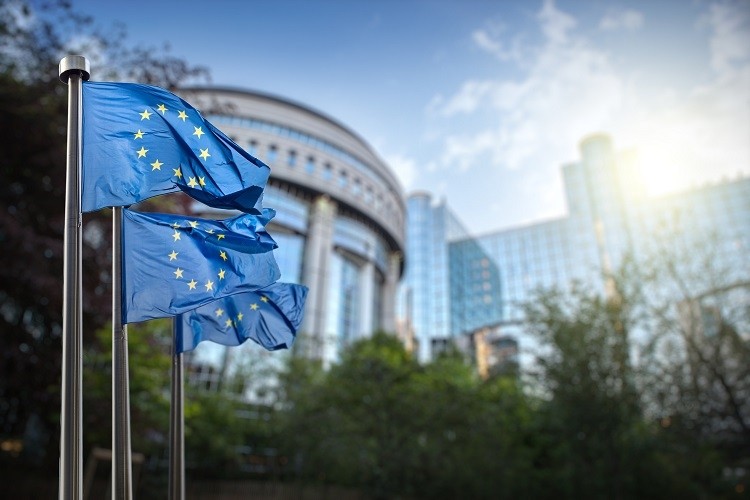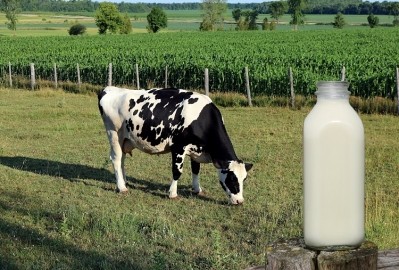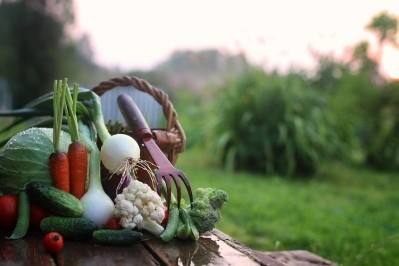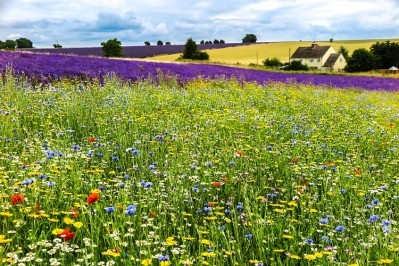EU Farm to Fork strategy ‘a shot in the dark’? BEUC and others respond to Green Deal

Newly appointed Commission President Ursula von der Leyen wants Europe to become the first climate neutral continent by 2050.
To attain this goal, the Commission is preparing to present the first ‘European Climate Law’, alongside a range of strategies designed to boost Europe’s progress towards 2030 emission targets and set a ‘realistic path to the 2050 goal.
Strategies include a Biodiversity Strategy for 2030, a new Industrial Strategy and Circular Economy Action Plan, a Farm to Fork Strategy for sustainable food, and proposals for a pollution-free Europe.
President von der Leyen described the Green Deal, which was presented in Brussels yesterday (11 December), as a ‘new growth strategy’. “We will help our economy to be a global leader by moving first and moving fast. We are determined to succeed for the sake of this planet and life on it – for Europe's natural heritage, for biodiversity, for our forests and our seas. By showing the rest of the world how to be sustainable and competitive, we can convince other countries to move with us.”
Executive Vice-President Frans Timmermans, who is overseeing the Green Deal, said the plan sets out how to cut emissions, restore the health of the natural environment, protect wildlife, create new economic opportunities, and improve the quality of life of European citizens.
“We all have an important part to play and every industry and country will be part of this transformation. Moreover, our responsibility is to make sure that this transition is a just transition, and that nobody is left behind as we deliver the European Green Deal.”
Farm to Fork: A shot in the dark?
The Commission’s ‘Farm to Fork’ strategy, to be presented in spring 2020, will address agricultural practices across the bloc. Measures (including legislative) aim to “significantly reduce the use and risk of chemical pesticides, as well as the use of fertilizers and antibiotics”, noted the Commission.
Broadly speaking, the strategy aims to ensure European get affordable and sustainable food, tackle climate change, protect the environment, preserve biodiversity, and increase organic farming.
The European Consumer Organisation (BEUC) has shown support of the strategy’s ‘encouraging signs’, but said it ‘lacks concrete targets and action points’, which would make ‘sustainable food the easy option’.
“It is good to aim for cutting the use of pesticides and antibiotics, but with no target, it is a shot in the dark,” continued BEUC senior food policy officer Camille Perrin.
The Fair Trade movement has applauded the Farm to Form strategy in its efforts to improve the position of farmers in the value chains. However executive director of the Fair Trade Advocacy Office, Sergi Corbalán, said the strategy ignores non-EU farmers.
“It is regrettable that the Commission only acknowledges that ‘European farmers and fishermen are key to managing the transition’ - ignoring the important role of non-EU farmers who grow and supply food consumed in Europe,” he noted. “Paying fair prices to producers, wherever they are based, is a prerequisite for a sustainable and fair food supply.”
IFA: Green Deal requires increased CAP budget
According to the Irish Farmers’ Association (IFA), the new requirements outlined by the Green Deal will require an increased budget – and not a ‘shrinking’ Common Agricultural Policy (CAP).
The Green Deal must recognise that agriculture is a commercial activity which delivers jobs, food, fuel, energy and environmental services for all European citizens, noted IFA President Joe Healy. A shrinking CAP budget can no longer be used to address the growing number of asks placed on farmers, he continued.
“Farmers continue to provide premium produce to Irish and European consumers, produced to the highest animal welfare and environmental standards. This demonstrates the real success of CAP. However, with average family farm incomes in Ireland at just over €23,000 the reality is it’s hard for farmers to go greener when many of the them are already in the red”. – IFA President Joe Healy
The IFA has requested the European Commission deliver on the following actions:
- The Common Agricultural Policy budget must be increased to take account of inflation and to fully compensate farmers for any additional requirements placed upon them as a result of CAP reform or measures proposed in the Green Deal.
- The double standards in EU trade talks are ended. The European Commission is proposing to import thousands of tonnes of beef from deforested Amazonian regions of Brazil and other areas.
- Farmers must receive the full credit for carbon that is sequestered and stored in their grassland, hedgerows and forestry.
Healy has called for a regulatory cost assessment to be completed on the Green Deal: “Everyone aggress that sustainability is important, but sustainability is also about economic and societal sustainability, as well as the environment. Therefore, the European Commission must ensure that a full analysis is completed so we understand all impacts of the proposed Green Deal for European citizens, including farmers.”
Green Deal ‘a tremendous opportunity’
Retail and trade organisation EuroCommerce has welcomed the ‘long-awaited’ green initiative to reduce greenhouse gas emissions.
“The Green Deal presents a tremendous opportunity for Europe to take on global leadership in creating a sustainable and more competitive economy,” said EuroCommerce Director-General Christian Verschueren.
“Our sector has already acted in a wide range of voluntary initiatives to reduce its impact on the environment. These range from improving the efficiency of its operations in store and across the supply chain, to being a leading actor in enabling recycling and addressing food waste.”
In EuroCommerce’s view, the European Green Deal should be built upon the existing legislation, recognise the value of voluntary initiatives, and:
- Enable diversity of action: the retail and wholesale sector needs to respond to a wide variety of consumer demand, and policies under the Green Deal must reflect that diversity of choices made by consumers every day;
- Ensure consistency in national and EU legislation: new and previous regulatory requirements should not contradict or hamper each other’s effectiveness;
- Involve everyone: cooperation among stakeholders, according to the involvement and influence of each actor in the supply chain will be essential to making a success of the Green Deal.
Speaking on behalf of the EU dairy industry, the European Dairy Association (EDA), said it is ‘ready to join forces’ to tackle environmental and climate challenges.
“The new ‘European Green Deal’ and the forthcoming ‘Farm to Fork’ Strategy will link and coordinate the multi-layered fields of legislation and sustainability efforts of the dairy sector in a more coherent manner,” noted the EDA.
“The dairy industry is committed to play its role within this new set of policy tools to further strengthen our full engagement and support to the efforts made at all levels of the supply chain.”
EDA secretary general Alexander Anton stressed the need for ‘full support’ of the Common Agricultural Policy (CAP). “The journey of the European Green Deal will absorb a lot of our energy in the years to come. The Green Deal transformation of Europe will demand a huge effort from agriculture and dairy. We want to focus on this challenge. On this journey, we will need the full support of the Common Agricultural Policy – ‘full’ support translates in both, financial and political support.”
























